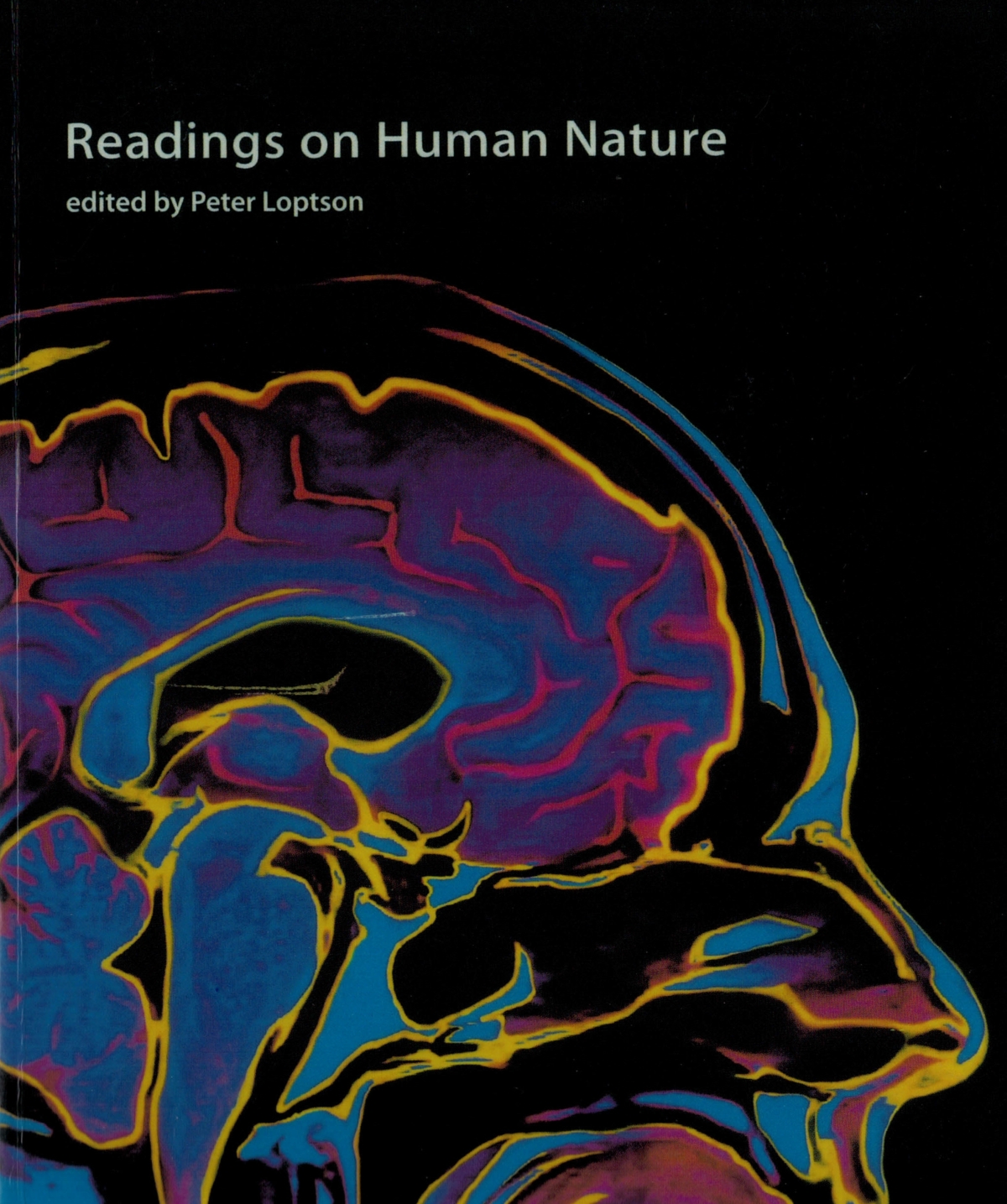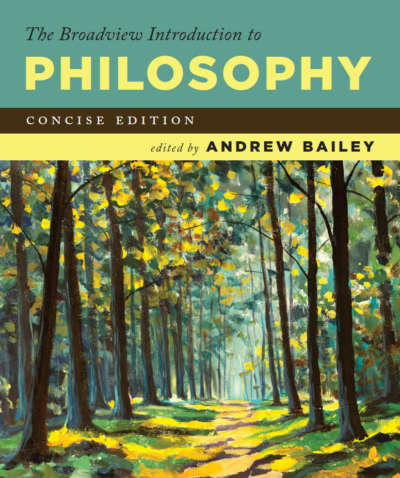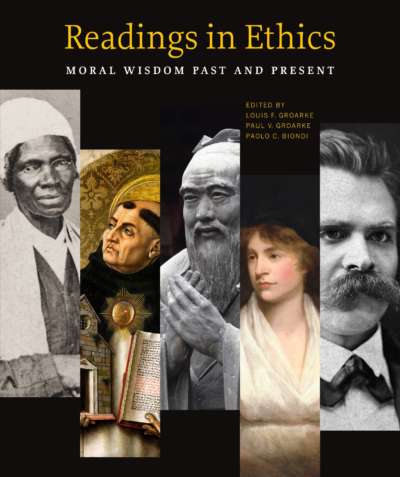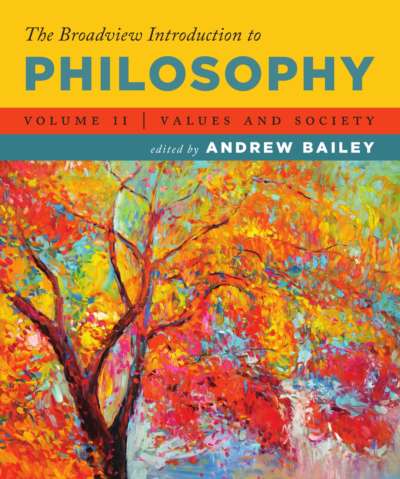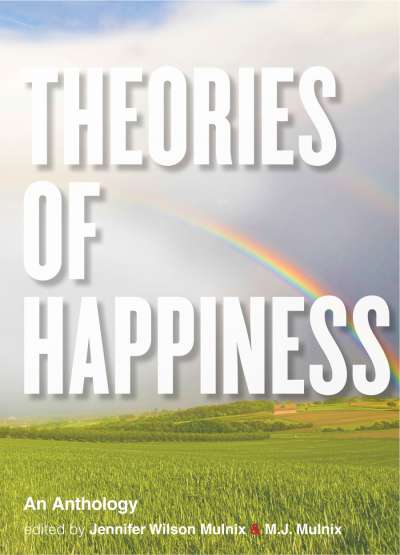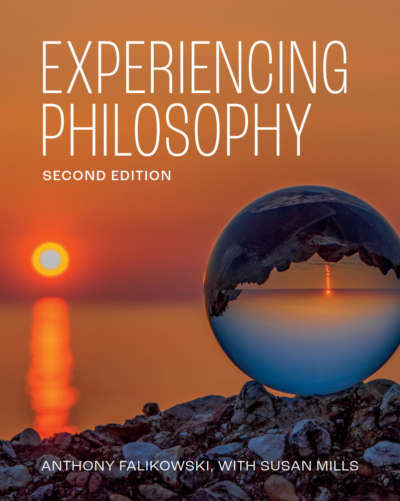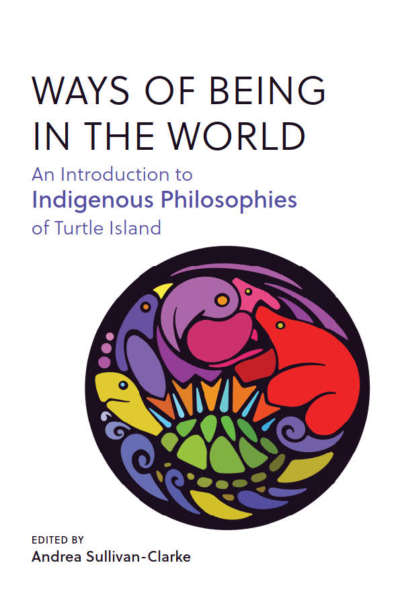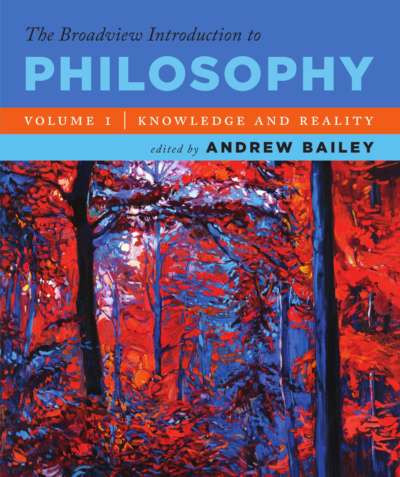This anthology brings together 45 selections by a wide range of philosophers and other thinkers, and provides a representative sampling of the approaches to the study of human nature that have been taken within the western tradition.
The selections range in time from the ancient Greeks to the 1990s, and in political orientation from the conservative individualism of Ayn Rand to the liberalism of John Rawls. Classic writings from the sixteenth through nineteenth centuries are here (Descartes, Machiavelli, Hobbes, Rousseau, and so on), but so are a wide range of twentieth-century writings, including a number of feminist voices, the biological theory of Edward O. Wilson, and the cultural materialist theory of Marvin Harris. A substantial selection of Christian views of human nature is a central part of the anthology.
The anthology is as notable for its depth as it is for its breadth; an important editorial principle has been to include a variety of substantial selections, thus allowing the reader to engage more readily with some of the complexities of each approach.
Comments
“The readings are skillfully selected. […] Although there is a decided emphasis on the moral, social and political dimensions of human nature, yet another nice feature is the inclusion of scientific approaches. On the whole this is a commendable anthology, […] expansive and engaging, filled with an instructive assortment of classical and contemporary readings, with just enough little-known, off-the-beaten-path selections to pique the interest of most any veteran instructor or beginning students.” — John Mizzoni, La Salle University, in Philosophy in Review
“I look forward to using the readings in my class on human nature—the selections are balanced, sensible, and promise to engage the reader. Loptson has done a fine job.” — Frederick Kaufman, Ithaca College
“I cannot think of a better book to which to refer someone who wants to understand in a short compass what Aristotle, liberalism, Rousseau, Marx or feminism are all about. And Loptson makes a genuinely novel contribution to scholarship.” — Julian Young, University of Auckland
Ancient and Early Modern Views of Human Nature
- Plato, Republic
- Aristotle, Nocomachean Ethics; Politics
- René Descartes, Principles of Psychology
- Francois de la Rochefoucald, Maxims
- Earl of Rochester, A Satire Against Mankind
Christian Views of Human Nature
- St. Augustine, Confessions; On Free Choice of the Will
- St. Thomas Aquinas, On the Virtues in General; On Free Choice
- Martin Luther, The Freedom of a Christian
- John Locke, The Reasonableness of Christianity; The Second Treatise of Government; A Letter Concerning Toleration
- Joseph Butler, Fifteen Sermons
- Immanuel Kant, Religion within the Limits of Reason Alone
- Dietrich Bonhoeffer, A Testament to Freedom
Liberalism
- Immanuel Kant, An Answer to the Question: What is Enlightenment?
- Antoine-Nicolas de Concordet, Sketch for a Historical Picture of the Progress of the Human Mind
- Wilhelm Von Humboldt, The Limits of State Action
- J. S. Mill, On Liberty
- L.T. Hobhouse, Liberalism
- John Rawls, Political Liberalism
Conservative Individualism
- Niccolo Machiavelli, The Prince
- Thomas Hobbes, The Leviathon
- James Boswell, The Life of Dr Johnson; Samuel Johnson, The Rambler, The Idler
- Simone Weil, The Need for Roots
- Ayn Rand, For the New Intellectual
- Michael Oakeshott, Rationalism in Politics
Dialectical Theories of Human Nature
- Jean-Jacques Rousseau, Discourse on the Origins of Inequality
- G.W.F. Hegel, Phenomenology of Mind; Philosophy of Right
- Karl Marx, Economic and Philosophic Manuscripts of 1844; Thesis on Feuerbach; The German Ideology
- Friedrich Nietzsche, On the Geneology of Morals
Biological Theories
- Charles Darwin, The Descent of Man
- Edward O. Wilson, On Human Nature
Freud
- Sigmund Freud, Character and Culture; Civilization and its Discontents
Behaviorism and Non-Self Theories
- David Hume, A Treatise of Human Nature
- Julien de La Mettrie, Man a Machine
- J.B. Watson, The Ways of Behaviorism; Behaviourism
- Margaret A. Boden, Artificial Intelligence in Psychology
- Daniel C. Dennett, Consciousness Explained
Feminism
- Mary Wollstonecraft, A Vindication of the Rights of Women
- Simone de Beauvoir, The Second Sex
- Juliet Mitcell, Psychoanalysis and Feminism; Women: The Longest Revolution
- Carol Gilligan, In a Different Voice.
- Katha Politt, Marooned on Gilligan’s Island: Are Women Morally Superior to Men?
Some Contrary Voices
- Jean Paul Sartre, Existentialism and Humanism
- Camille Paglia, Sexual Personae
Twentieth-Century Views in Sociology and Anthropology
- Ferdinand Tonnies, Community and Society.
- Marvin Harris, Cultural Materialism; Our Kind.
Works Cited and Recommended Reading
Peter Loptson is Professor of Philosophy at the University of Guelph and also the author of Reality: Fundamental Topics in Metaphysics (University of Toronto Press, 2001).

